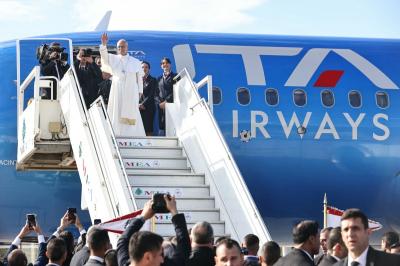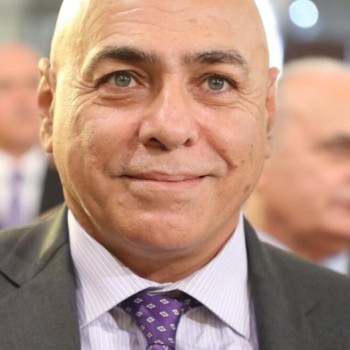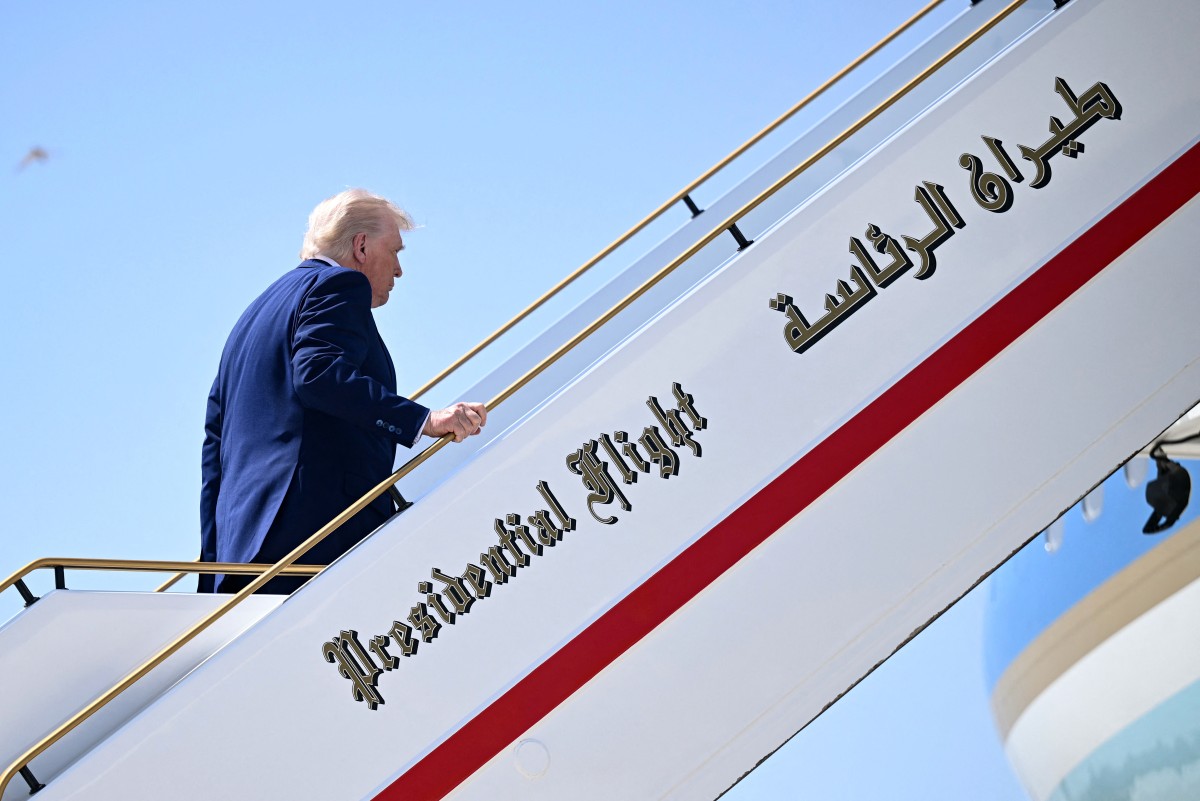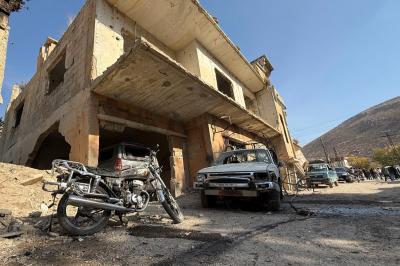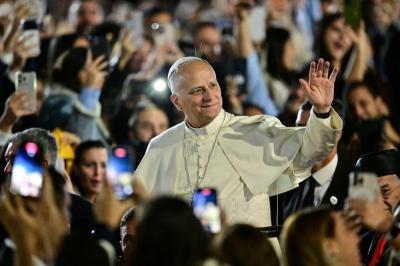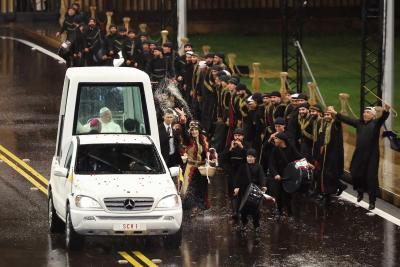President Donald Trump's last visit to Saudi Arabia, Qatar, and the United Arab Emirates yielded results with far-reaching implications for the Middle East's landscape. Although some of the announced results were too good to be true, the trip, characterized by high-profile deal-making and symbolic gestures, signaled a shift toward transactional diplomacy while leaving unresolved tensions that continue to shape regional dynamics.
Pragmatism Over Ideology
Trump's tour prioritized strengthening alliances with Gulf monarchies while sidelining traditional U.S. partners like Israel. By excluding Israel from the itinerary and holding a Gulf Cooperation Council summit in Riyadh, Trump underscored a recalibrated U.S. stance that favors energy-rich Gulf states over broader regional partnerships. This move risks straining relations with Israel's Prime Minister Benjamin Netanyahu but aims at bringing more Arab states into the Abraham Accords, which is in Israel's interest.
The visit also advanced dialogue with Syria, a notable departure from past U.S. policy. Trump's meeting with interim Syrian President Ahmad al-Sharaa, the first such engagement since 2000, and his decision to lift sanctions on Damascus aimed to reintegrate Syria into the regional order. While framed as an opportunity for Syria to "show us something remarkable," this policy shift drew criticism for legitimizing a regime still accused of human rights abuses and massacres against minorities.
Megadeals, Uncertain Promises
The trip yielded staggering economic commitments, with Gulf states pledging over $1 trillion in investments and purchases:
- Qatar signed a $243 billion package, including a record Boeing order and defense contracts for drones and counter-drone systems.
- The UAE partnered with U.S. firms to build the largest AI data center outside America, aligning with its ambition to become a global tech hub.
- Saudi Arabia reaffirmed a $600 billion investment pledge targeting U.S. infrastructure and technology, though many question its feasibility amid domestic spending pressures.
These deals reflect a mutual desire to transition from an oil-for-security framework to diversified economic partnerships. However, skepticism persists. The Atlantic Council highlighted that Gulf investment promises often lack clear roadmaps, with Saudi Arabia's $600 billion pledge representing an "implausibly high share" of its economy given Vision 2030's existing fiscal strains. Similarly, the UAE's $1.4 trillion commitment faces headwinds from global market volatility.
Arms Sales, Unresolved Conflicts
Security agreements dominated the agenda, reinforcing Gulf states' reliance on U.S. defense systems:
Saudi Arabia secured a $3.5 billion missile deal, bolstering its air defenses amid ongoing Houthi threats.
Qatar finalized a $2 billion contract for General Atomics' MQ-9B drones and a $1 billion counter-drone package from Raytheon. In the meantime, the United States. expanded its presence at Al Udeid Air Base in Qatar, a critical hub for Middle Eastern operations.
While these deals strengthen bilateral ties, they fall short of Saudi Arabia's goal for a formalized U.S. security pact. Bloomberg noted that discussions about such an agreement remained "a continuation of dialogue rather than its conclusion," with Washington wary of overcommitting.
Trump's approach to regional conflicts yielded mixed results. His Gaza "freedom zone" proposal, a vague plan for U.S.-managed development, failed to address Israel's escalating military campaign, which continued unchecked during the visit. Similarly, while Trump touted Gulf-led peace efforts in Yemen, the humanitarian crisis there saw no tangible progress. Israel never halted its Gaza offensive while it resumed its Yemen air campaign the moment Trump left the area.
What About Lebanon?
Lebanon's future was a topic of discussion, particularly in the context of economic recovery and regional stability. President Trump reiterated the U.S. approach to Lebanon, focusing on ending Hezbollah's military power and influence and enacting political and economic reforms.
This approach was reflected in the statements and diplomatic activity of Deputy U.S. Envoy Morgan Ortagus, who said at the Economic Forum in Qatar that "the International Monetary Fund is not the only choice," signaling a U.S. vision for Lebanon that emphasizes attracting private investment and reducing reliance on international loans. She outlined a "big plan" to transform Lebanon into a country of investment, potentially eliminating the need for IMF assistance if sufficient reforms and investor confidence could be achieved.
Future Challenges
The visit left unresolved the region's most pressing crises, from Gaza's devastation to Iran's nuclear ambitions. However, it significantly reshaped the U.S. approach to Iran's nuclear program, blending renewed diplomatic urgency with persistent military threats while leveraging regional alliances to pressure Tehran. The visit highlighted three key shifts in U.S. strategy:
The first shift was in the diplomatic push with transactional demands, as Trump announced that the United States was "very close" to a nuclear deal, claiming Iran had "sort of" agreed to terms. This marked a departure from his earlier "maximum pressure" strategy, which focused on sanctions and isolation. However, the administration tied any agreement to the cessation of proxy warfare by insisting Iran halt support for groups like Hamas, Hezbollah, and the Houthis, and a verifiable disarmament, emphasizing Iran must dismantle its nuclear infrastructure and allow strict monitoring.
Despite optimism, critical gaps remained, particularly over uranium enrichment levels and the fate of Iran’s stockpiles. Iranian officials publicly rejected U.S. "intimidation," underscoring tensions between Trump's transactional rhetoric and Tehran's red lines. The second shift is the use of regional alliances as pressure tools. And the third shift can be seen in the military posturing as backdrop, for while emphasizing diplomacy, Trump reaffirmed military readiness. He warned Iran that failure to agree would lead to "very unfriendly" action, echoing his 2020 vow to prevent an Iranian nuclear weapon "by any means necessary."
Please post your comments on:
comment@alsafanews.com
 Politics
Politics
